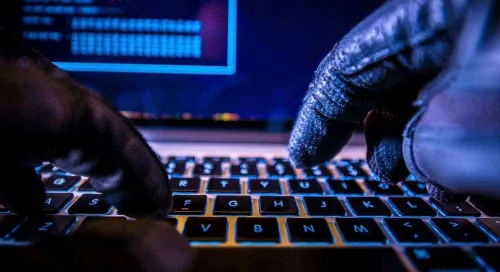Police say North Korean hackers target U.S.-South Korea military drills
TechSunday, 20 August 2023 at 14:58

According to reports on Reuters, the police in South Korea claim that hackers in North Korea are targeting its military drills. The military drill which is set to hold this week is a joint exercise with the U.S. military. On Monday this week, U.S. and South Korean forces will start the 11-day Ulchi Freedom Guardian summer exercises. The purpose of this drill is to boost their capacity to tackle North Korea's evolving nuclear and missile threats. However, North Korea refutes the claim saying that it is the U.S. and South Korea that are gearing up to invade North Korea.

The report claims that the hackers have links to a North Korean group called Kimsuky. The Gyeonggi Nambu Provincial Police Agency said in a statement
"...they carried out their hack via emails to South Korean contractors working at South Korea - U.S. combined exercise war simulation centre..."
However, the police claim that no classified military information was lost.
Implications of the Hacking Attempt
The hacking attempt by North Korean hackers raises several potential implications. First, it shows the ongoing threat posed by North Korean cyberattacks. This has become increasingly sophisticated in recent years. North Korea has been accused of carrying out a number of high-profile cyberattacks in the past. This includes the 2014 hack of Sony Pictures and the 2017 WannaCry ransomware attack. However, North Korea completely denies the claims.
Second, the hacking attempt could be seen as a provocation by North Korea, which has long been hostile to the US and South Korea. North Korea has previously criticized the joint military exercises as a rehearsal for an invasion of its territory. The nation has since called for the cancellation of the drills.
Finally, the hacking attempt underscores the importance of cybersecurity in the military domain.
Final Words
The attempted hacking of US - South Korean military drills by North Korean hackers has been reported by the South Korean police. However, North Korea denies the claims. Though it denies the claim, this report underscores the need for cybersecurity in the military domain.
Loading






